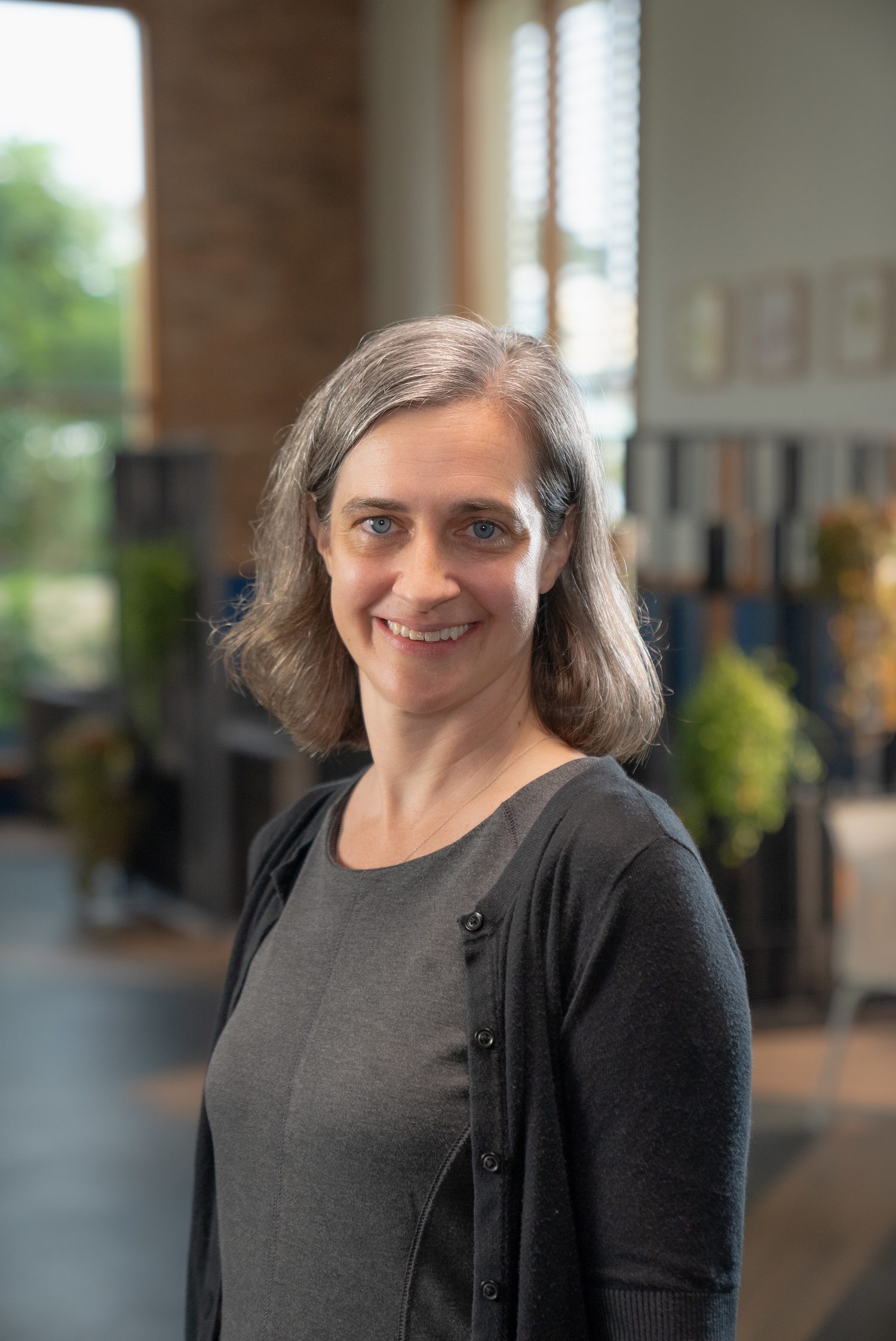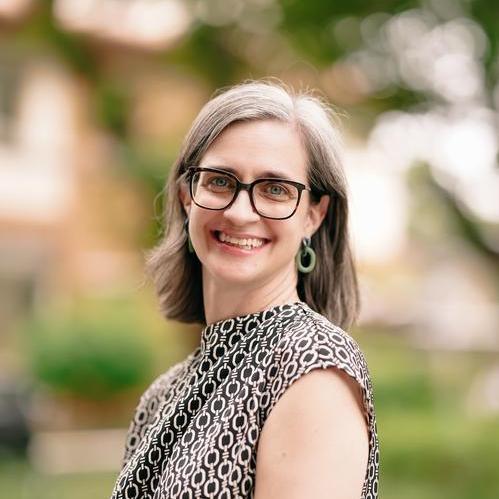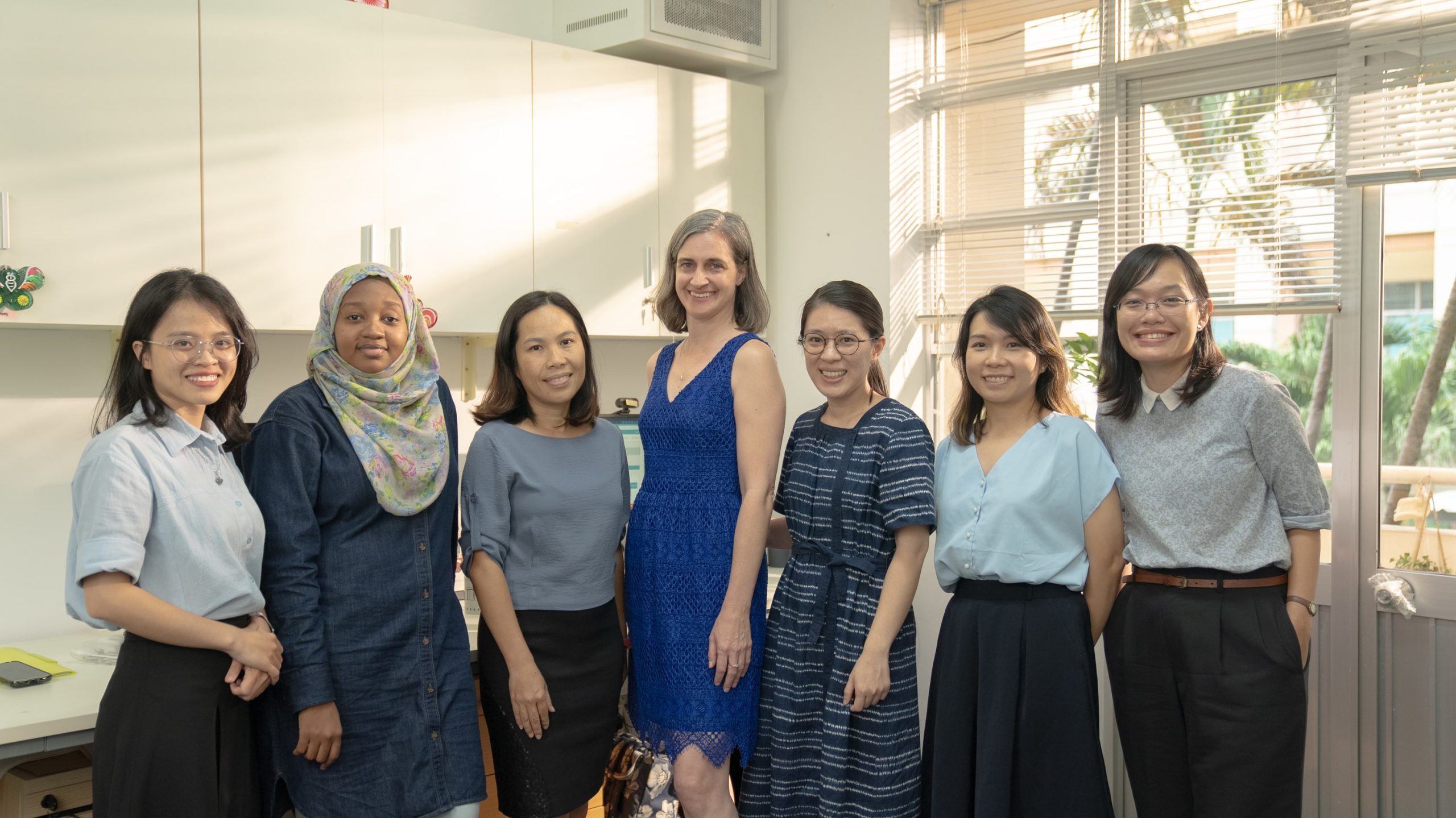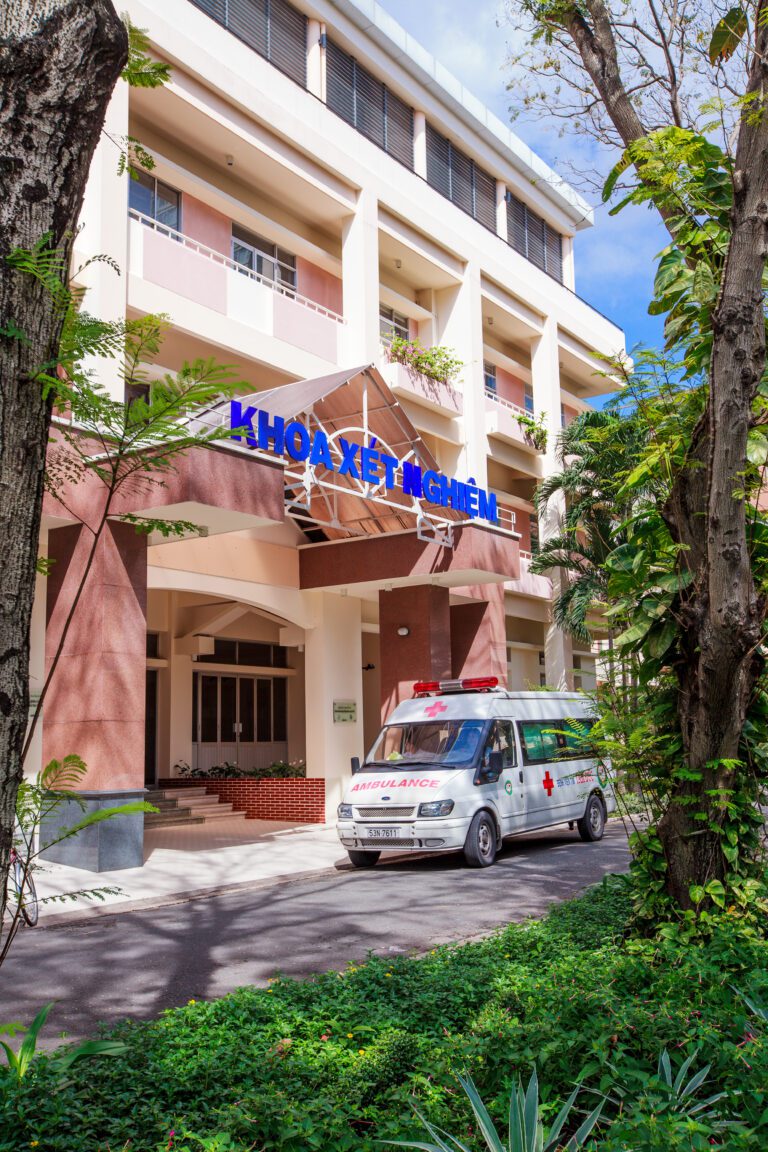Dr Jennifer van Nuil joined OUCRU in 2018 thanks to a grant from the Wellcome-funded Global Health Bioethics Network. At the time, OUCRU did not have a Social Science group, so she was a part of the Clinical Trials Unit, carrying out ethics and implementation research that complemented the existing clinical research work at OUCRU.
“We were looked at as ethics experts, which really isn’t it. That was the challenge at the beginning,” she explained. “But over time, we gave academic presentations and explained what we were doing. People now come to us looking to integrate social science [into their research].”
Social Science, Ethics and Implementation Research officially became a research group at OUCRU in March 2023, with Dr Jennifer van Nuil as its group head.
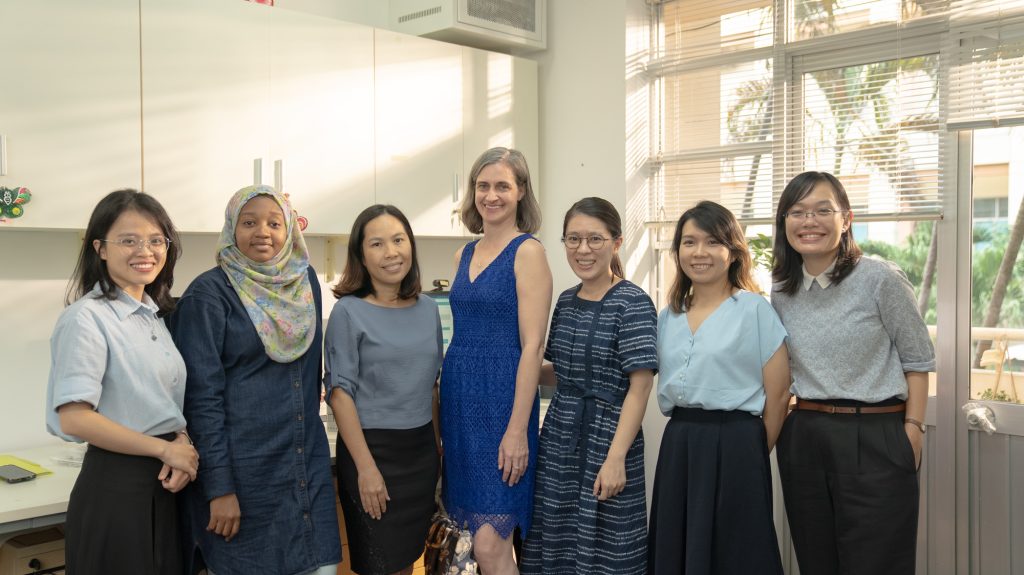
Under her leadership, the group thrives as a collaborative force of seven multidisciplinary researchers. They act as a bridge between clinical research and practical implementation. By incorporating social science methodologies and ethical considerations into research projects, they ensure that the findings are not only scientifically rigorous but also relevant and applicable to the communities they aim to serve. This approach enhances the effectiveness and sustainability of interventions developed through OUCRU’s research.
Dr. van Nuil’s leadership style is characterised by adaptability and empathy. Recognising the uniqueness of individuals and situations, she adeptly balances flexibility and firmness in her approach. This enables her to foster an environment of trust, collaboration, and personal development within her team. In 2018, Dr. van Nuil participated in the ‘Make A Difference‘ leadership program at OUCRU, which served as a catalyst for expanding her leadership repertoire and refining her presentation skills.
“Before [the programme], I just had one leadership style, which is more laid back and flexible. But some situations require you to be a bit more commanding. The programme helped me recognise the different leadership styles, and different situations and different people require different leadership approaches.”
Dr. van Nuil’s journey has not been without personal challenges. She acknowledges wrestling with impostor syndrome, a persistent self-doubt despite notable achievements.
“It started during my PhD journey. As you study more, you realise there’s so much about the world you don’t know, and you’re just one little fragment in it. At the same time, the academic environment is very competitive and very challenging. And so you just start to slowly succumb to it and lose confidence in yourself.”
Navigating the competitive landscape of academia has also exposed her to repeated rejection. “I mean, think about it. As academics, a lot of our life is about rejection. When you apply for grants, the majority are rejected. You submit papers, and it’s very rare for a manuscript to get accepted outright. And with your Ph.D., your thesis is never good enough for your advisor,” she shared.
The Make A Difference Programme also gave her an opportunity to start a dialogue with her peers about overcoming impostor syndrome.
“It’s intense at first,” she explained. “You’re opening up to your colleagues, saying, ‘I have impostor syndrome.’ It is intense. You’re vulnerable, but it is good to acknowledge.”
Being a part of a social media network of academic women, an international group of over 10,000 female academics, also helped her recognise the prevalence of impostor syndrome in this field. Since joining the MAD programme, she started sharing her experiences with PhD students and her colleagues at OUCRU, fostering an open and encouraging environment for young researchers.
The Social Science, Ethics, and Implementation Research Group plays a crucial role in shaping research outcomes at OUCRU. With a focus on ethnographic, qualitative, mixed-method research, participatory action research, health economics, and implementation research, their work feeds into larger biomedical research themes and integrated studies that link with and enhance biomedical research at OUCRU.



